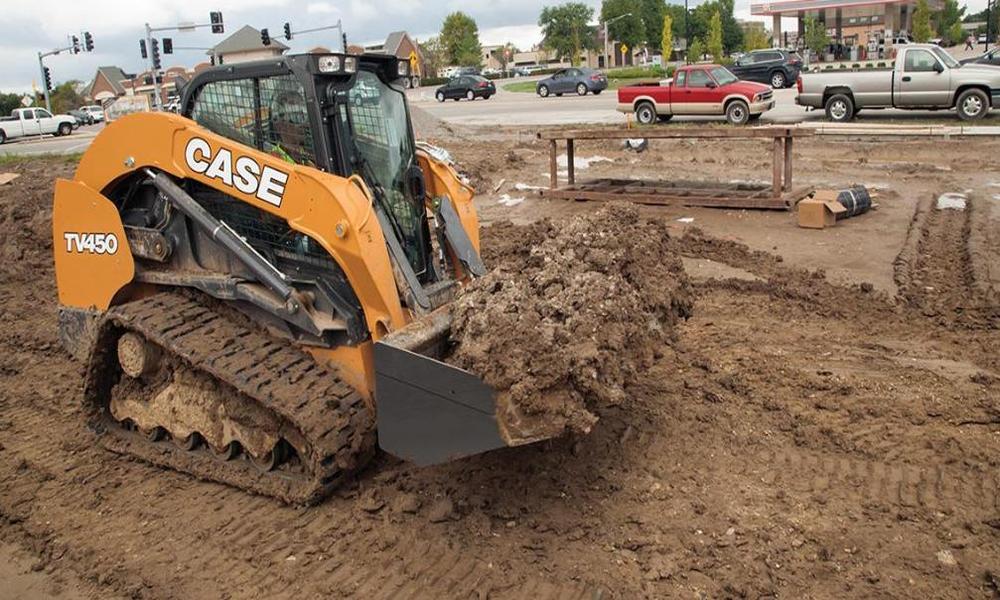Mini loaders are versatile and powerful machines used in various industries, from construction and landscaping to agriculture. While these compact loaders are valuable for their efficiency and maneuverability, it’s crucial to prioritize safety when operating them. Safety should be a top concern for equipment operators and those working in proximity to loaders. In this blog, we’ll explore ten essential safety tips to ensure the safe operation of loaders.
Tip 1: Read the Manual
Before you start operating your loader, it’s essential to read the operator’s manual. You can find valuable information on how to operate your machine safely, including instructions on starting and stopping, emergency procedures, and more. Make sure you understand everything before moving forward.
Tip 2: Wear Personal Protective Equipment (PPE)
Wearing proper PPE is crucial when operating loader. It includes a hard hat, safety goggles, gloves, and steel-toed boots. These protective gears can help prevent injuries from flying debris, loud noise, and other hazards.
Tip 3: Conduct a Pre-Operation Inspection
A pre-operation inspection is a crucial step to ensure that your mini loader is in optimal working condition. Before each use, conduct a thorough inspection to identify any potential issues that could compromise safety.
Check for signs of damage, wear, or corrosion on the machine’s components. Inspect the tires for proper inflation and condition. Examine the hydraulic system for leaks and ensure that all fluid levels are within the recommended range. Verify that safety features such as lights, alarms, and backup cameras are functioning correctly.
If you discover any problems during the pre-operation inspection, report them to your supervisor or maintenance team immediately. Do not use the machine until the issues have been resolved.
Tip 4: Know Your Mini Loader’s Capacities
A loader has weight and capacity limits, and it’s essential to know them to avoid overloading. Exceeding weight limits can cause the machine to tip or lose control, leading to accidents and property damage. Always check the manufacturer’s specifications before beginning any task.
Tip 5: Keep the Work Area Safe and Clear
Make sure the work area is clean and clear of any obstacles that can cause accidents or damage to your machine. Remove any debris or objects, and ensure you have enough space to maneuver your loader. Mark any hazards and make sure to avoid them.
Tip 6: Use Attachments Correctly
Only use approved attachments for your loader. Improper installation or use of non-approved attachments can cause the machine to malfunction, leading to accidents. Always follow the manufacturer’s instructions when using attachments.
Tip 7: Avoid Slopes and Uneven Terrain
Mini loaders can be unstable on slopes, and it’s essential to take precautions when operating on uneven terrain. Keep the bucket low, avoid sudden movements, and use the machine’s stability features to reduce the risk of tipping.
Tip 8: Stay Focused and Alert
Operating a loader requires your full attention. Avoid distractions, such as using your phone, listening to music or talking with someone while operating the machine. Stay alert to your surroundings and the machine’s performance.
Tip 9: Never Allow Passengers on Your Loader
A loader is designed for one operator only. Never carry passengers on the machine, as this can lead to loss of control and accidents.
Tip 10: Perform Regular Maintenance
Regular maintenance is crucial to keeping your loader in good working condition. Follow the manufacturer’s recommended maintenance schedule and have your machine inspected by a qualified technician if you notice any issues or problems.
Conclusion
Operating a mini loader can be an enjoyable experience, but it also involves risks. Therefore, it’s necessary to follow the safety tips listed above. Always read the operator’s manual, wear PPE, inspect your machine before use, know its weight and capacity limits, keep the work area safe and clear, use only approved attachments, avoid slopes and uneven terrain, stay focused and alert, never allow passengers on your loader, and perform regular maintenance. These safety tips will help you operate your loader safely and efficiently while reducing the risk of accidents and injuries.




